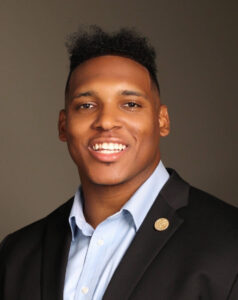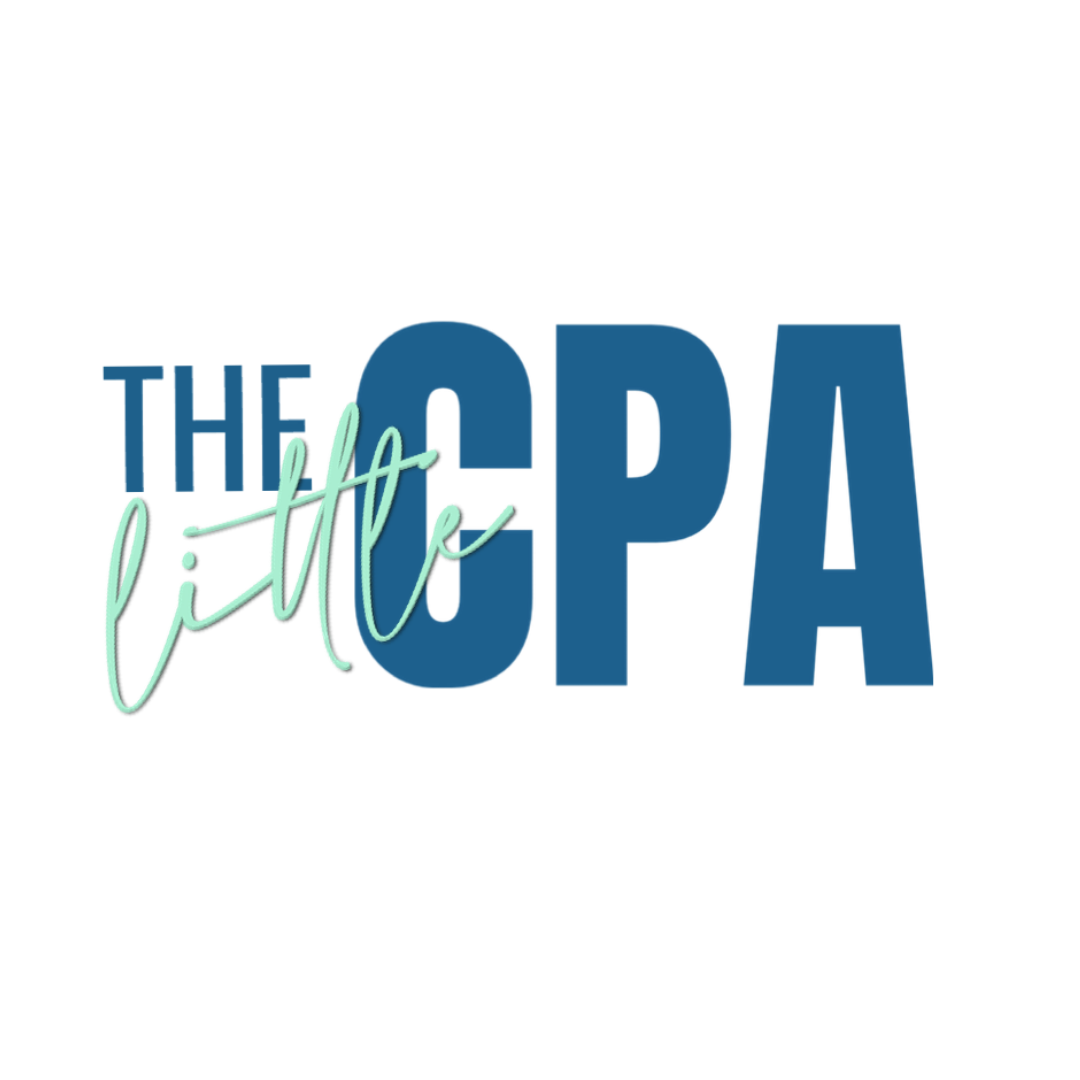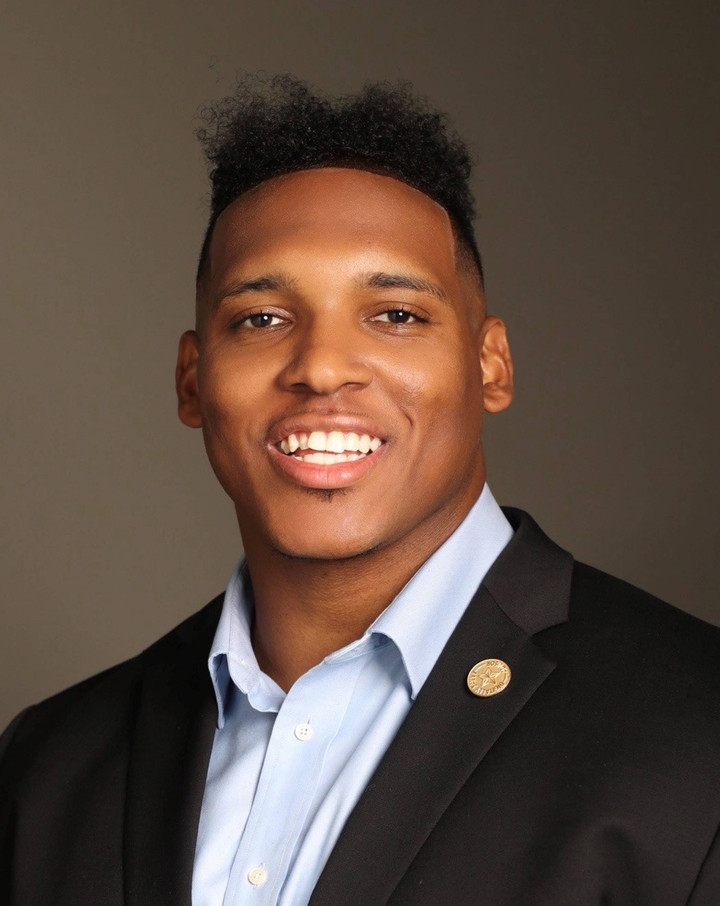To improve our financial situation, we must understand our “why.”
Why do we want financial stability? Why do we desire wealth?
Those questions are easy for some of us to answer. For others, not so much.
For those who cannot figure out their “why,” a personal finance professional is a good source for inspiration. I was privileged to interview Florida-based financial advisor (and former NFL Player) Padric Scott, CFP®, WMCP® on the topic of personal finance. He provided foundational insight on how we can transform our mindset to achieve personal financial success.
How do you define financial wealth?
To accurately breakdown financial wealth, I would compare it to its enemy –
Rich.
Rich is a short-term state of being that focuses on meeting one’s present lifestyle and needs.
People with a rich mindset are the type to say, “When I make more money, I’ll save more money.” This, however, is a false narrative because –
If you can’t manage $100, you can’t manage $1 million.
Many people that were once rich ended up broke because they never developed the discipline to make short-term sacrifices that would make their rich lifestyle sustainable.
Wealth is sustainable, wealth involves discipline.
It requires the same level of fortitude as sticking to a New Year’s resolution to lose weight. On January 1st, the end result of those New Year’s Resolutions sounds promising. However, by February most will back out of their commitment because they allow short-term pain of gym workouts overshadow the long-term effects of staying committed to the grind.
What are common habits of your wealthy clients?
They Take Action Towards Their Goals
My wealthy clients of various income ranges take action. They are willing to deal with short-term stress to achieve long term, sustainable results. A quote I love sums them up –
“Successful people are constantly under short term distress, but rarely feel long term distress. Unsuccessful people rarely feel short term stress, but are constantly under long term distress.”
Many of my wealthy clients did not inherit a single thing. However, they took consistent action towards their goals and were willing to give up something temporary to achieve long-term results. The compounding effect of their many wise decisions led to success.
They Pay Themselves First
Our successful clients of all age ranges have adopted a similar philosophy, and that is pay yourself first. To pay yourself first, put your earnings into savings or investments before putting them towards monthly expenses and discretionary items.
Forced savings are your best friend. There is a reason why the majority of American wealth is tied up in residential property and 401(k) balances. When you finance a home, the mortgage payment acts as a forced savings plan through home equity. Similarly, with a 401(k), the deferred salary is a forced savings because it hits your retirement investments before you ever see it hit your checking account.
If forced savings works in those two places, you should spread the same love throughout your entire financial strategy.
Do not be the person who spends it all right now and worries about the repercussions later. When later arrives, or COVID happens, those persons have nothing stored away to protect against economic shakeups or provide for retirement.
They Consider Future Generations
It’s amazing how people jab at my former peers (professional football athletes) who received millions and then ended up “broke.” The average American is guilty of the doing the exact same thing!
Whereas the high-earning athlete may run through millions in three to five years, the average American will do it over a period of thirty years. They will earn millions over a lifetime and have nothing to show for it. Then, they find themselves working into their early 80s to sustain their lifestyle.
A lack of action has generational effects that pass on nothingness to our heirs.
When parents are not financially disciplined, their children are likely to grow up and simultaneously become the primary income support for both elder parents and their own children. This ultimately stops any form of saving and investing that could produce generational wealth.
A child should not be a retirement plan.
In your opinion, what is the major obstacle contributing to the wealth gap between Black and Brown communities and White communities?
Aside from systems that historically hindered Black and Brown wealth, one of the major obstacles today is a lack of proper estate planning.
For example, I often hear fellow Black and Brown people say, “I don’t want anyone getting rich off of me dying.”
Too many people in our community do not consider the economic impact of their death. This sad misconception blinds us to the fact that we bring economic value to our household.
People who fail to recognize their economic value will refuse a six-figure life insurance policy because it is “too expensive.” In reality, those six-figures may be someone’s annual earnings. A family losing $100,000 in annual earnings over a twenty year period is a two million dollar loss!
So, since we do not recognize our economic value, we pass away leaving nothing.
Our families have to turn to GoFundMe’s, grandparents have to give up retirement assets, and the family’s net worth decreases, all because we overlooked the need to insure ourselves for what we are economically worth to our families.
We leave behind nothing, so we start behind. And then we grow nothing, and get further left behind.
What else has contributed to the racial wealth gap?
I will point to Jesus’ Parable of the Talents. In this powerful exchange, you have three servants all given a form of currency by their Master. Upon the Master’s return, two servants properly invested their currency and multiplied their Master’s resources. The third servant, being fearful and risk averse, buried the talent so he would not lose it.
Members within Black and Brown communities have a history of operating like the third servant.
We fear what we do not know and often bury our resources in places that yield nothing. As a result, our resources lose value over time while other communities take advantage of continuous and systematic investment growth. This, coupled with lack of estate planning, has exponentially driven the wealth gap.
When we have one group of people constantly passing on wealth and liquidity at death to keep the family’s life sustainable, versus another passing on economic hardship and liabilities, it is easy to see how the gap can continually enhance.
What actions should people take to begin their wealth building journey?
Change Your Mindset
Ask yourself this question, “What do I want for myself?”
If what you want for yourself and for your family is not being accomplished by current day actions, then you have to have the courage to say enough is enough and do what you have to do to get what you want.
A friend of mine in the profession once said, “If you didn’t come from a wealthy family, then a wealthy family must come from you.” Meaning, let be gone the excuses of what you did not have and focus your energy on what you and your heirs will have.
Leverage Your Assets
Once you have identified a change needs to happen, the game becomes about leverage. Identify your home run asset. For a business owner, that may be their business. The real estate guru, their real estate portfolio. For most Americans under the W-2 realm, their primary wealth building engine will be their cash flow (monthly paycheck). Start with your home run asset and leverage it into investments to grow your wealth.
Allocate Your Income
Instead of a strict budget, adopt percentage based allocations of income.
- Allocate a percentage of income towards fixed, recurring bills.
- Allocate a percentage of income towards your personal saving and investing goals.
- And, allocate a percentage towards your discretionary lifestyle.
A good general rule of thumb here is a 60/20/20 percentage split of income towards the previous mentioned goals.
If cash flow is tight because of increased expenses and children, adopt a 70/10/20 split with only 10% of income allocated to savings.
The key is to be consistent. These percentages can be shifted over time as you build up a habit of paying yourself first.
Protect Your Wealth
Protect your wealth with proper insurance coverage.
First, lock in proper life coverages for any dependents to secure their future either with you present or absent.
Then, secure proper disability coverages to provide a second stream of income if your current income is lost due to prolonged illness.
Please understand any life insurance benefits provided by your employer are often minimal; your employers do not love you as much as you should love you. Employer life insurance benefits are often insufficient in protecting the most valuable asset to your lifestyle, cash flow.
Once you have laid this solid foundation, allocating additional income towards systematic investing strategies will strongly push your goals forwards.
Please share any final thoughts about personal finance and wealth

A native of Tallahassee, FL, Padric is a proud graduate of Florida Agricultural & Mechanical University.
He is the Son of Rev. Dr. Edward R. Scott, II D.M.D. and Mrs. Pamela Scott. He has two siblings, Dr. Kanesha (James) Cole D.D.S, and Edward R. (Ayanah) Scott, III. He is the loving uncle of Scott and Kaylin Cole, and Aja Scott.
Padric is a retired, five-year professional athlete. Prior to a professional sports career, he majored in Molecular Cell Biology with a Concentration in Physiology. Padric fell in love with wealth management during his time in the NFL, and has been in finance ever since 2013.
His mission is to educate and elevate, teaching individuals to become generational change agents through sound stewardship of their resources.
Padric loves His God, Church (Mt. Sinah A.M.E.), family, working out, and as a member of Kappa Alpha Psi Fraternity, Inc. believes strongly in the motto of “Achievement in Every Field of Human Endeavor.”
This material has been prepared for informational purposes only, and is not intended to provide, and should not be relied on for, tax, legal, investment or accounting advice. This information is not endorsed by a financial institution. You should consult your own tax, legal and accounting advisers before engaging in any transaction.





